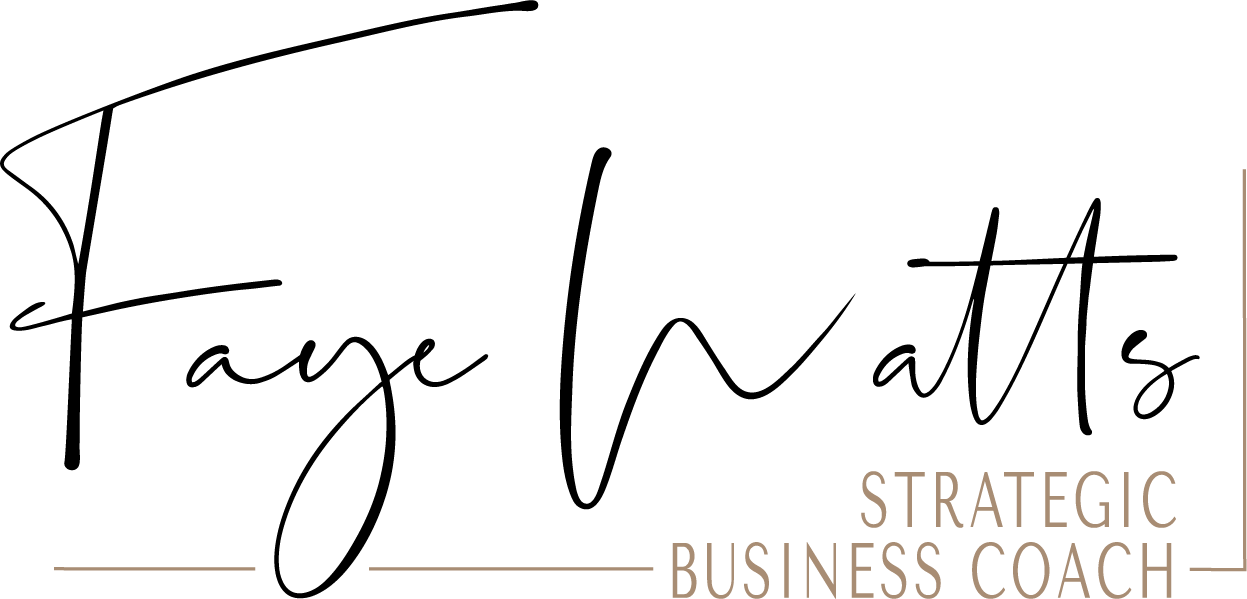Cash is Royal
You’ve heard the expression that ‘Cash is King’ but maybe it should be ‘Cash is Queen’ as let’s face it the Queen is the most powerful piece on the chess board.
The original term has been coined as an expression used to analyse investments. It’s most commonly used in business to determine the importance of cash flow to ensure there’s enough money to pay the bills, meaning it’s all very well having investments and invoices out, but if you don’t have the cash to pay for things, what’s the point?
It goes hand in hand with another well-known financial phrase, turnover is vanity, profit is sanity, cash flow is reality, but realistically cash is probably sanity as ultimately it doesn’t matter what the P&L sheet says, it’s cash in the bank or in redeemable assets that is Royal; meaning fine/excellent.
For some bedtime reading, Wikipedia will give you some background history into the term cash is king.
This month in my Hub Club we talked about the importance of cash flow and understanding our business and personal cash flow needs and the perceptions and judgements around money that can sit with us. We discussed some theory behind money, as well as the social prejudices that come with it, and the way our mind-set can determine what our cash position actually looks like.
We all know that financial planning is essential as is knowing what our overheads and costs are. Budgets and forecasts can help you make pivotal decisions but what are you doing about the position you are in right now? We’d all like to be financially free, but how realistic are you being and how familiar with your finances are you really?
Here are my 5 tips to being more financially in control of your cash;
Ensure you know exactly how much debt you have, if applicable. We think we know in our head but often we are miles from the reality. Write it down or set up a spreadsheet separating your short, mid and long term debt. For example, a mortgage would be long-term, whereas a personal loan or car finance might be mid-term, but a bailiff knocking on your door for rent arrears is most definitely short-term. Credit card debt can be short or mid term, depending on how much interest you are paying and whether you are using a 0% credit card facility over a period of time. Work out what is the most important debt to pay off first, usually the one most pressing or with the highest interest rate or those causing red letters through your door and then highlight this. Make it priority number 1.
Know what your monthly/quarterly overheads are. Go through your monthly bank statements and list your regular outgoings, such as your standing orders and direct debits into two columns, Essential and Non-Essential. Essential would be gas and electric, non-essential might be a magazine subscription. Then look at your ad-hoc spending. What is this going on? Go through your credit cards in a typical quarter and look at your biggest types of expenses. I’m not saying don’t have non-essential outgoings but be mindful of where you money is being spent so you can take any appropriate actions and make the right financial decisions going forward. Knowledge is King!
Analyse your income. Whether this is regular salary or other investment income, or recurring client work, make a list of Recurring Income and a separate column for One-off Income. Consider any areas where you can improve your return on income and what might be involved, such as moving your investments, taking on a lodger, increasing your client fees, or reviewing your salary. A plan in mind is mindful and nice to have, whereas a plan on paper is concrete, steady and more reliable.
Value your time. Are you giving away too much for free? Are you undervaluing yourself. Are you spending too much time worrying and not enough time doing? The quickest way to feel undervalued is to give away too much without any return. I’m not suggesting you do not help out others or donate your time, but if you are feeling disgruntled about what is coming in the door, and spending too much time doing non-essential or not important tasks, what else could you be doing? Like you did for debt and outgoings, separate your life tasks into Important, Urgent and Not Important. Make note of what is most important to you and ask yourself is it worth your time and effort. Ask the same about those non important things.
Make a plan. You are far more likely to achieve financial success if you follow a written down plan than if you just make ad-hoc adjustments to your circumstances on a whim. Being clear on what you want to achieve financially, whether that is clearing down short-term debt, paying more into your pension, or earning more is more likely to happen when you have clarity and this will enable you to focus on that specific goal. For example you might like to increase your savings by £100 per month after a certain period, or pay down a chunk of your mortgage by a certain date. Targets and goals are a crucial starting point for action planning, so work out what you want to achieve, write out a plan and keep in at hand to make it happen.
If you want to improve your cash flow, take action now, and remember knowledge is power, then you can look forward to being positively Royal.
Faye Watts is a Strategic Business Coach and founder of London accountancy firm, FUSE Accountants. Sharing business development skills with business owners like you through planning, coaching and advisory. She is also the co-founder of Audrey an online platform for women who know there’s more to life and sits on the board of various organisations, including as a trustee for the charity Neuroblastoma UK











